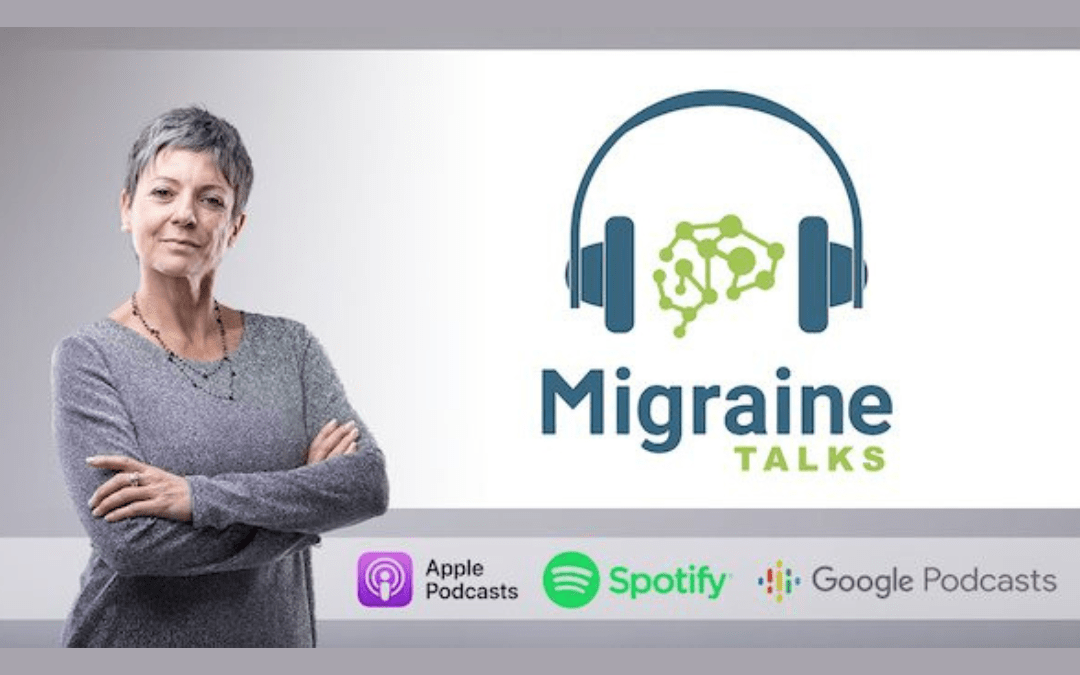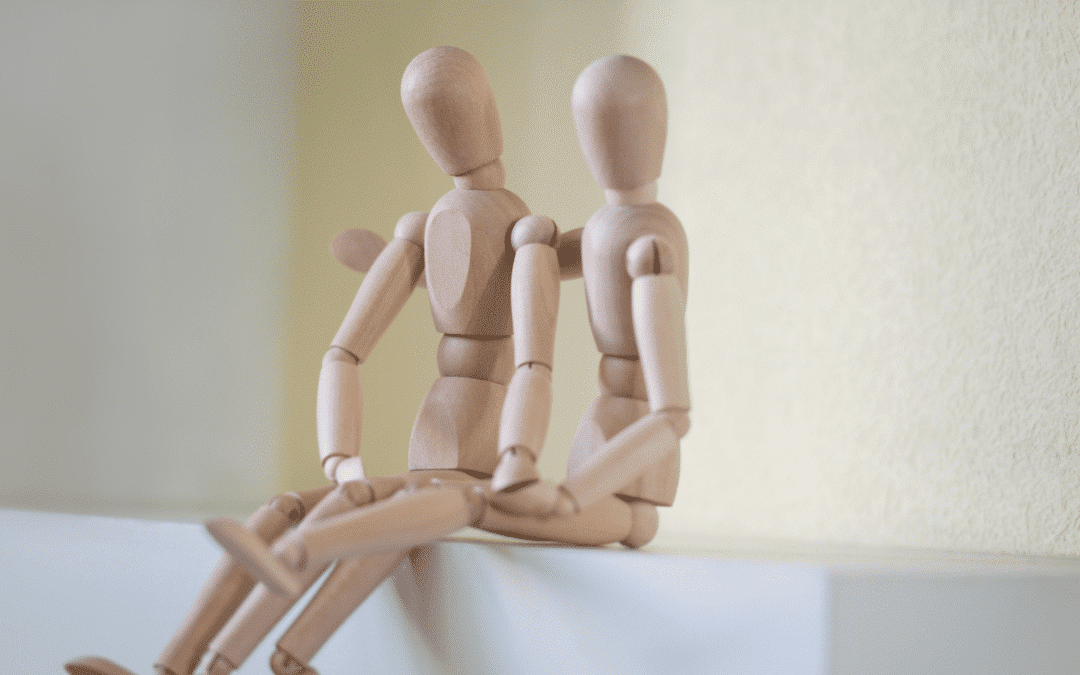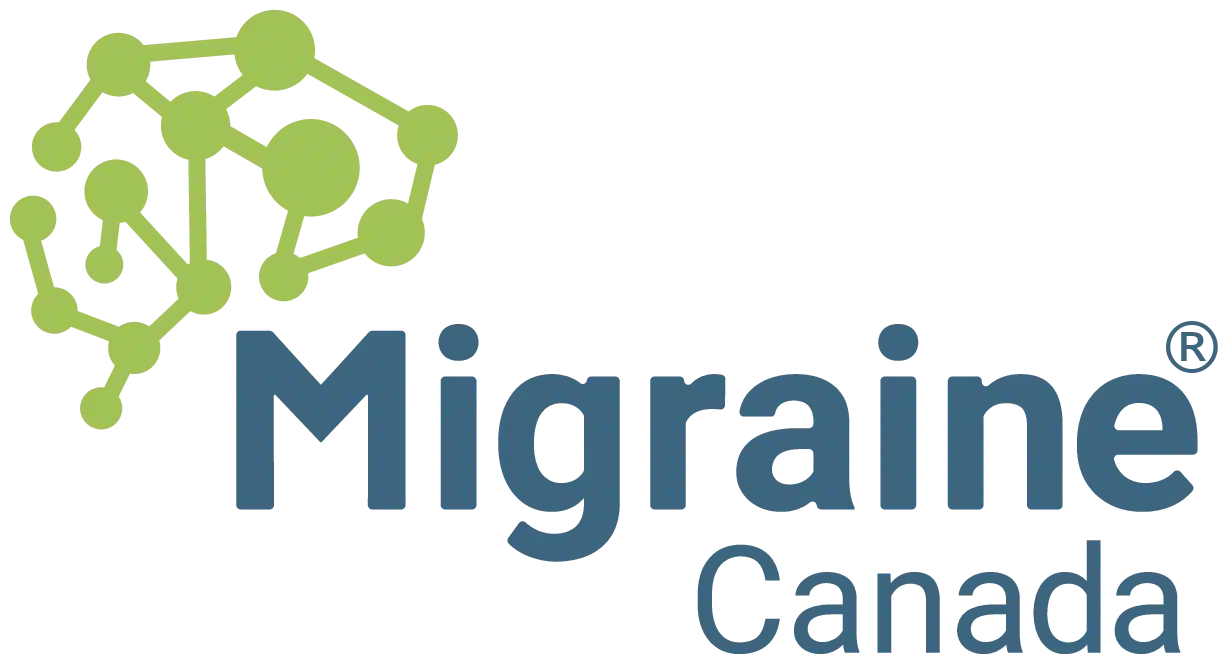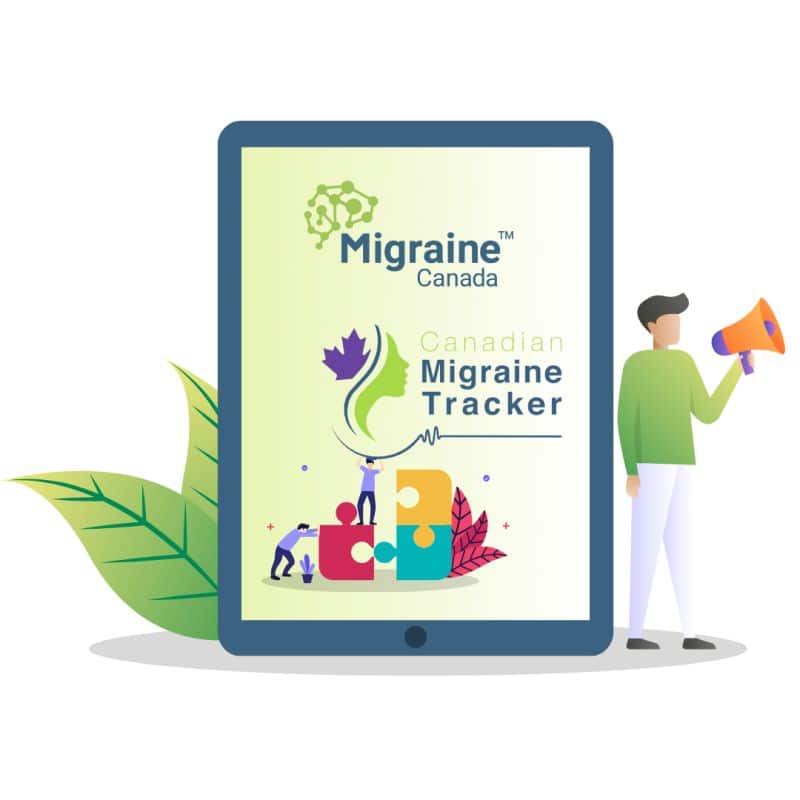


Back to School Checklists
Does your child live with migraine? For children with migraine, starting a new school year can be challenging. What can you do to ensure a smooth transition and successful school year? Migraine Canada™ has created back-to-school checklists for primary and secondary...
Migraine Talks : Podcast
Migraine Canada™ is proud to present the “Migraine Talks” podcast hosted by Dr. Elizabeth Leroux, neurologist and headache specialist.
This is a podcast to learn, share, and live better.

Migraine Talks Episode 12: Relationships and Family
Drawing from her extensive support group experience, patient advocate Maya Carvalho joins Dr. Leroux in episode #12 to delve into the various challenges that people living with migraine face in their relationships and family life. In this episode, Dr. Leroux and Maya...
Migraine Talks Episode 11: When Children Have Migraine
In episode #11 paediatric neurologist Alexandra Faber joins Dr. Elizabeth Leroux to tackle the topic of migraine in children. Since children’s symptoms often differ from adults’, and they may struggle to articulate their experience, this episode is especially...


